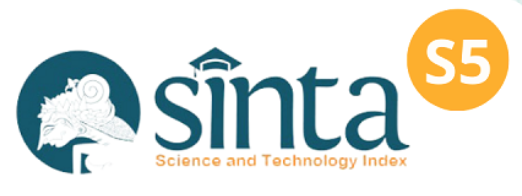Reformulasi Kebijakan Pidana Mati terhadap Koruptor dalam Perspektif Hukum Positif dan Hak Asasi Manusia
DOI:
https://doi.org/10.35960/inconcreto.v3i1.1856Keywords:
corruption crime, death penalty, human rightsAbstract
The death penalty for corruption offenders is regulated under Article 2 paragraph (2) of Law Number 31 of 1999 in conjunction with Law Number 20 of 2001. However, the phrase “under certain circumstances” is not explicitly and measurably defined, resulting in legal uncertainty and a potential violation of the legality principle. From a human rights perspective, this provision also raises normative conflict as it contradicts the non-derogable right to life guaranteed by Article 28I paragraph (1) of the 1945 Constitution and Article 6 of the ICCPR. This study aims to analyze the legal regulation of the death penalty for corruption in Indonesia and formulate a policy reform aligned with human rights principles. Using a normative juridical method with statutory and conceptual approaches, the study employs qualitative analysis through grammatical, systematic, and teleological interpretation. The findings indicate that the current regulation lacks lex certa, is not implementable, and is inconsistent with the 2023 Criminal Code, which introduces the conditional death penalty. Reform is required through legislative revision, the establishment of concrete legal criteria, and harmonization with international human rights norms. A proportional and constitutional penal approach is essential to ensure substantive justice and protection of the right to life within Indonesia’s criminal law system.
Downloads
Published
How to Cite
Issue
Section
License
Copyright (c) 2024 Abdul As’ad Al Burhan (Author)

This work is licensed under a Creative Commons Attribution 4.0 International License.



.png)










.png)







